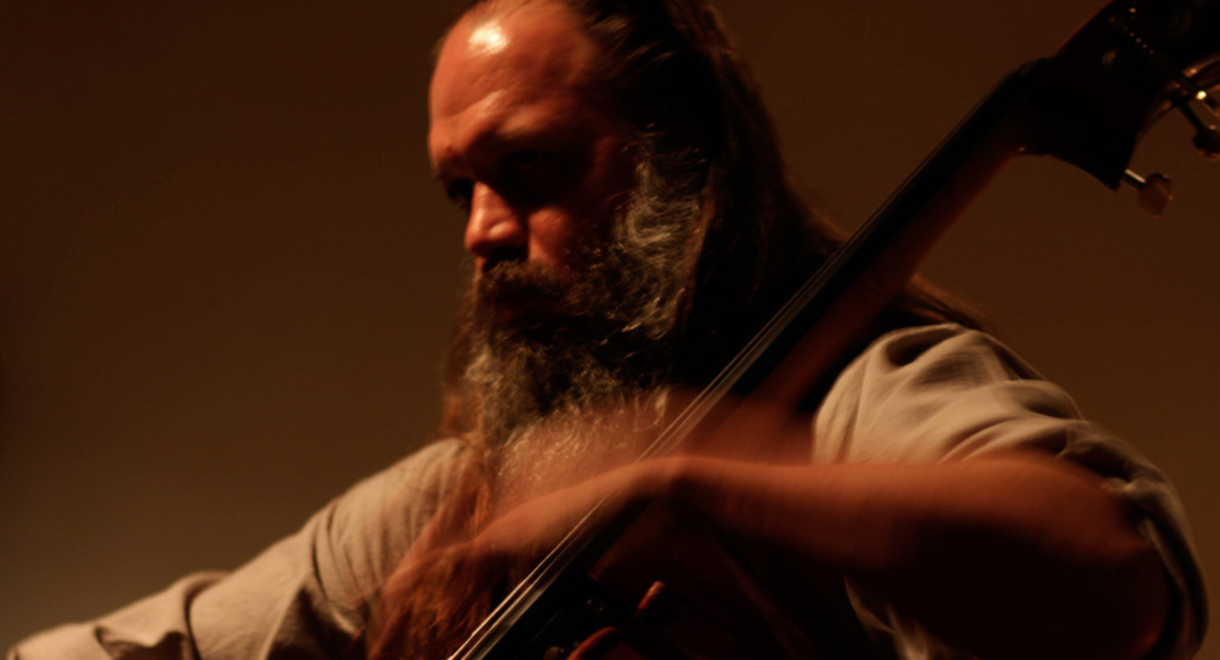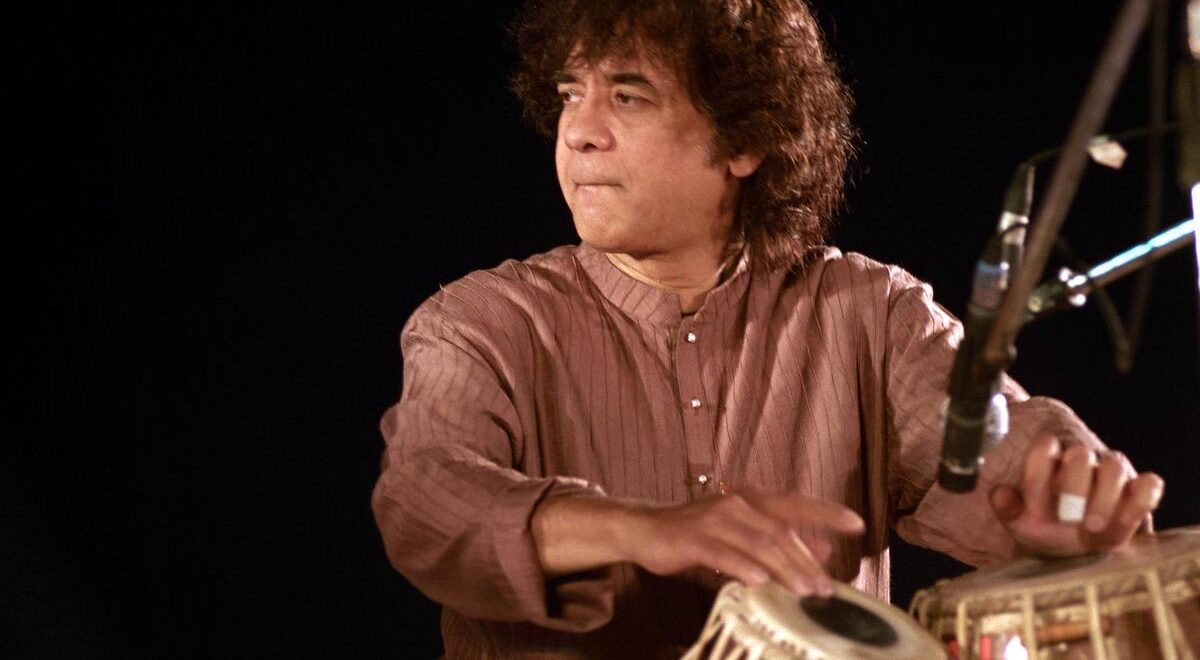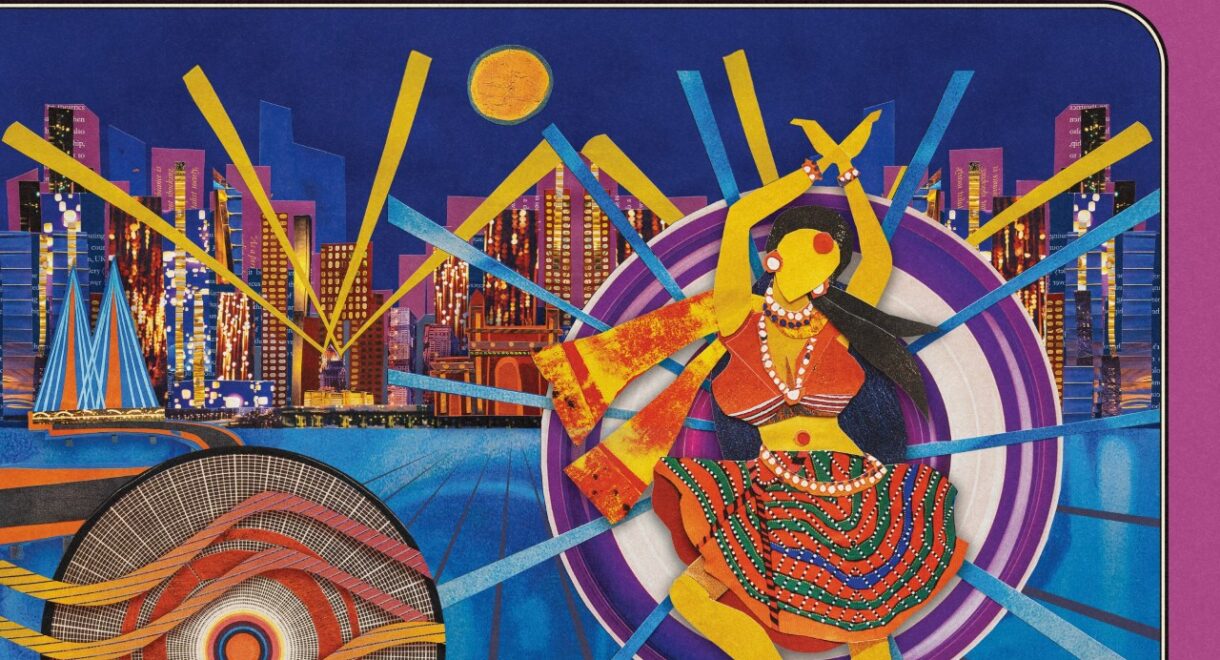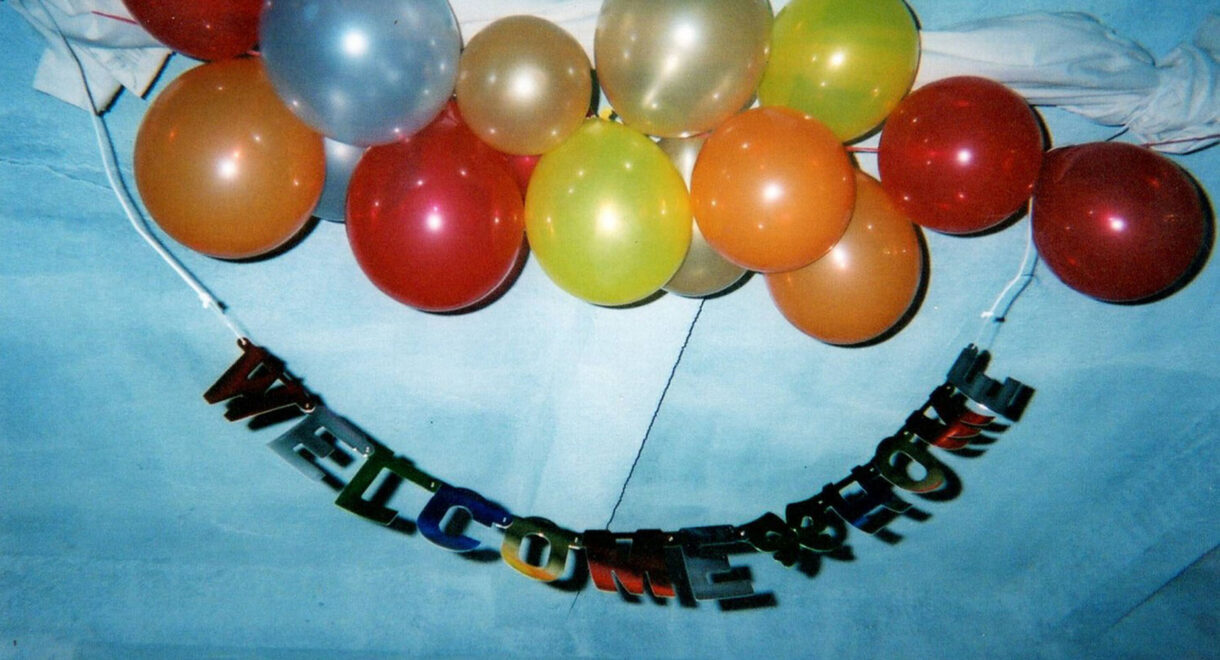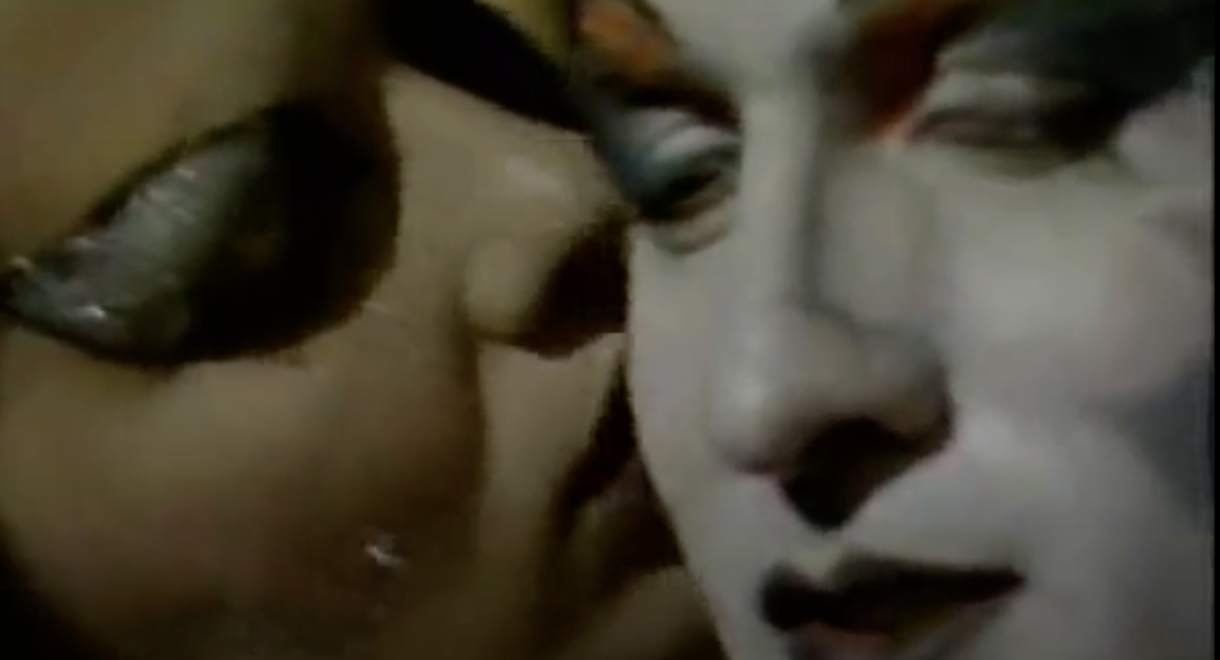A classically trained bassist with a mind for cosmology and non-linear math, he set out to build an instrument that could express both intuition and structure. The result […]
Punjabi Disco: The Lost Holy Grail of British Asian Dance Music

Naya Beat is set to release Mohinder Kaur Bhamra’s long lost disco-folk grail Punjabi Disco.
1982 was a watershed year for South Asian music: Sheila Chandra became the first South Asian woman to appear on the UK’s “Top of the Pops” with Monsoon’s groundbreaking Indopop fusion single “Ever So Lonely”; Bollywood musician Charanjit Singh anticipated acid house with his Roland synth and drum machine produced Ten Ragas to a Disco Beat; and now, our friends at Naya Beat have unearthed Punjabi Disco, a long-lost British Asian electronic record that originated from the dancefloors of Sikh weddings and Punjabi folk traditions.
In East London, classically-trained, first-generation migrant Mohinder Kaur Bhamra spent years building a reputation as a kirtan singer, or Giani, by becoming the first woman to sing at gurdwara events. Her eldest son Kuljit Bhamra would join her on the tabla at weddings, house gatherings, and social occasions. Together, they would begin the radical act of creating their own modern British Asian dancefloor by mixing classical wedding repertoire with increasingly propulsive, and later electronic rhythms.
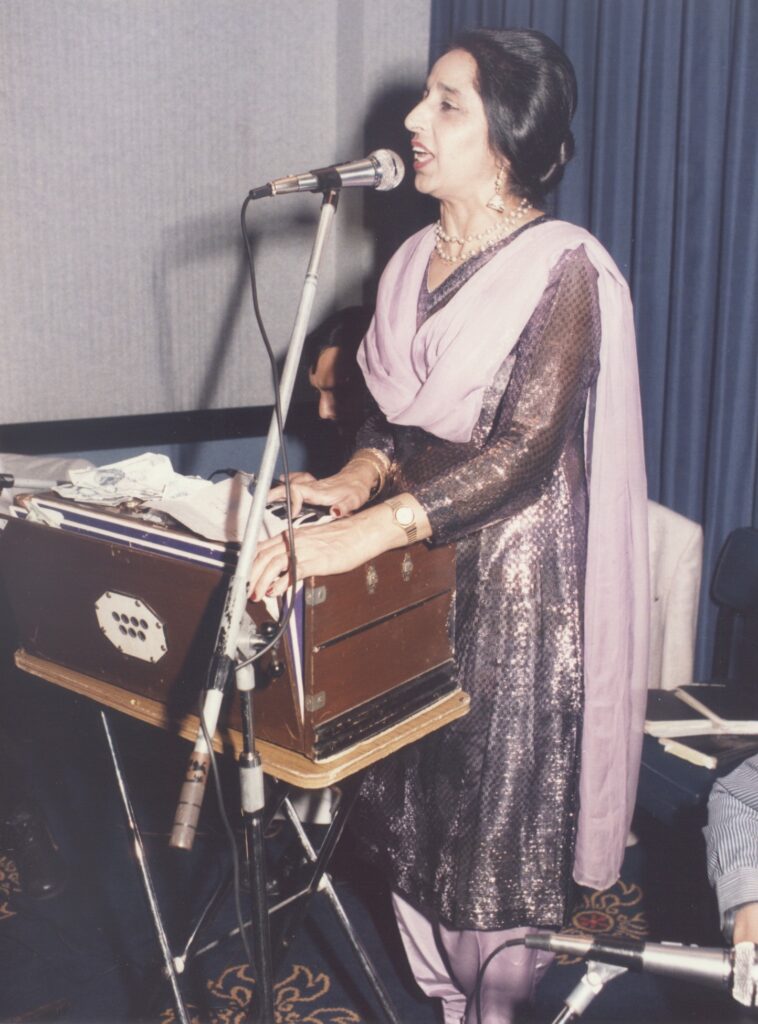
“It’s incredibly brave for first- and second-generation migrants to make an album like this that breaks all conventions, especially in the context of the era’s racism and sexism.”
Raghav Mani (Naya Beat)
Writer Ammar Kalia sets the scene in an essay titled “Diaspora Dancefloors: The Birth of British Asian Electronic Music” featured in the liner notes of Naya Beat’s upcoming reissue:
“Throughout most of the 20th century, there were few dancefloors for the British Asian diaspora. For the Hindus, Sikhs, and Muslims migrating from former British colonies to the manufacturing towns of the UK, life was often a tale of survival spent working in factories, facing prejudice, and finding comfort in community. Music was largely a private activity – the sounds of old bhajans on the radio providing a homely sense of familiarity after a hard day’s work or songs sung in the kitchen by amateur musicians who had long abandoned their training in pursuit of a different, more mundane life. Dancing with strangers was a foreign concept… Weddings were one place this displaced community could gather, listen, and celebrate. Yet, wedding music was often a tame, segregated affair: men and women seated and separated on opposite sides of the room, foot-tapping but never getting up.”
Kuljit Bhamra looks back on this time, “I could see people twitching, wanting to dance as we played our music,” he says. “I made my mum sing songs that would get them to move, and then we began clearing the banquet tables in front of the stage where we performed. We opened the space and created our own dancefloor – the first one I had ever seen at these events.”
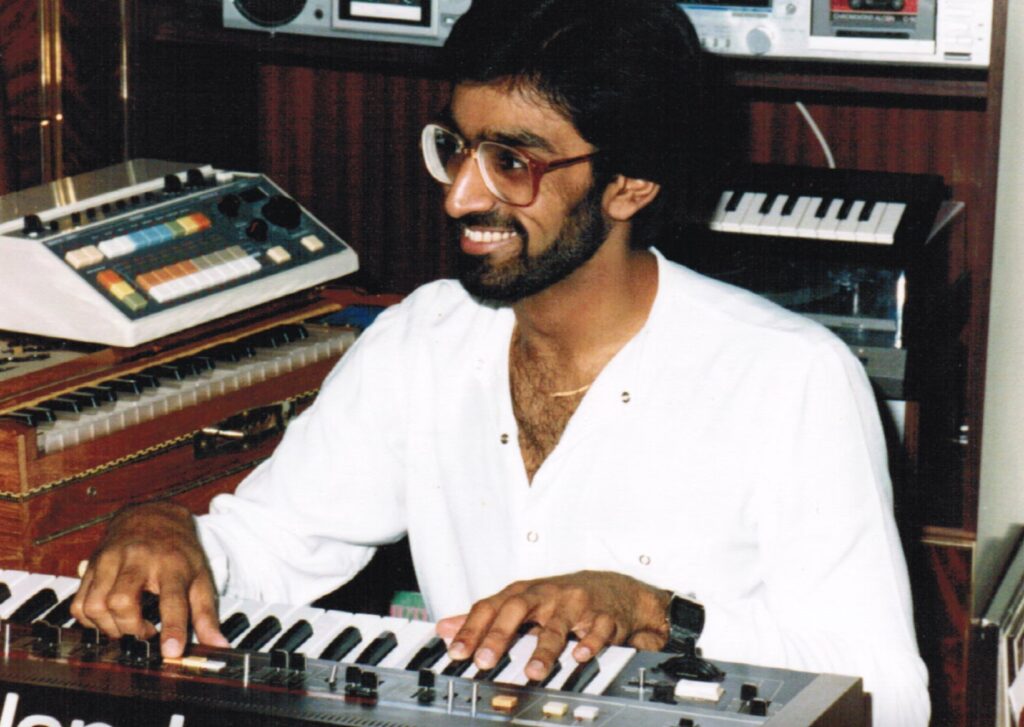
“I always treated my mother’s voice as an instrument, like a flute or keyboard, so the sound of the record was really cohesive while also feeling totally new.”
Kuljit Bhamra
The Bhamras would set their music to record in 1982, recording at a local studio run by Roxy Music bass player Rick Kenton. Punjabi Disco featured the first Roland synthesizer, the SH-1000, and the CompuRhythm CR-8000, a rudimentary early drum machine that could only play a series of preset loop patterns like swing, waltz, samba, mambo, and, of course, disco. While EMI India originally offered the Bhamras a record deal, the label would eventually steal the concept for a Punjabi disco album from them relegating the project to obscurity for decades until Nu Genea’s Massimo Di Lena caught wind of the record and passed it onto Naya Beat’s Raghav Mani.
Mani: “It’s incredibly brave for first- and second-generation migrants to make an album like this that breaks all conventions, especially in the context of the era’s racism and sexism. Mohinder is very traditional in many ways and an expert Punjabi folk singer but she’s also an advocate for women’s rights – she doesn’t fit into an easy category and neither does her music.”
Punjabi Disco is out October 31st via Naya Beat. Pre-order the album now!




